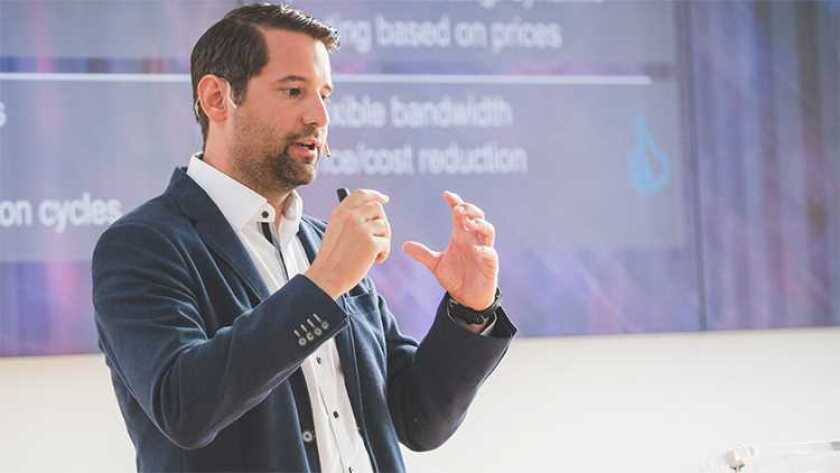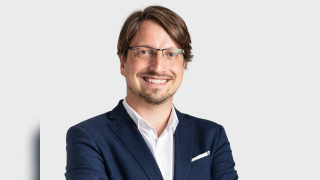The Gaia-X digital ecosystem is designed to support critical applications and be separate from the public internet. Though the consortium is called Gaia-X, the project itself is called Tellus.
Christoph Dietzel (pictured), global head of products and research at DE-CIX, said: “Creating a secure, connected and federated data infrastructure that meets the highest standards of data sovereignty is the heart and vision of Gaia-X. All components developed in the context of Tellus will be made available to the Gaia-X community and will allow a broad adaptation even beyond the project period.”
DE-CIX is leading nine other companies in the consortium: Cloud&Heat, Kaemi, Mimetik, Plusserver, CISPA Helmholtz Centre for Information Security, SpaceNet, Wobcom, Trumpf and Ionos.
Germany’s Bundesministerium für Wirtschaft und Energie (Federal Ministry for Economic Affairs and Energy, BMWi) is expected to provide a total of €122 million in funds for 11 winning consortia.
Kristina Sinemus, digital minister of the German federal state of Hesse, which covers DE-CIX’s headquarters in Frankfurt, said: “I am pleased to see that not just one, but two consortia with the involvement of companies from Hesse have been successful in the competition. In the context of our digital strategy, we will develop ‘AI made in Hesse’ as a strong brand for responsible AI [artificial intelligence] innovations.”
DE-CIX said that the Gaia-X compliant interconnection platform involves connecting various cloud platforms – both to each other and to third parties – via DE-CIX and internet service providers to give users choice and flexibility, and thus digital sovereignty.
The consortium is compiling examples of critical use cases from business and industry whose requirements in terms of latency, bandwidth, security, resilience, growth, and monitoring go significantly beyond the current economic and technical framework.
“The goal is to use integrated software instances and homogeneous interfaces to set up and deploy a Gaia-X network infrastructure across provider boundaries that runs independently of the standard internet and yet is supported by its infrastructure,” said DE-CIX. “This enables the linking of the many users and providers of federated cloud services such as AI applications, data storage and collaboration tools.”
The Gaia-X consortium says its “aim is to develop common requirements for a European data infrastructure. Therefore openness, transparency and the ability to connect to other European countries are central to Gaia-X.”
It adds: “This ecosystem should allow both the digital sovereignty of cloud services users and the scalability of European cloud providers. Within GAIA-X, we are developing the foundations for a federated, open data infrastructure based on European values.”






